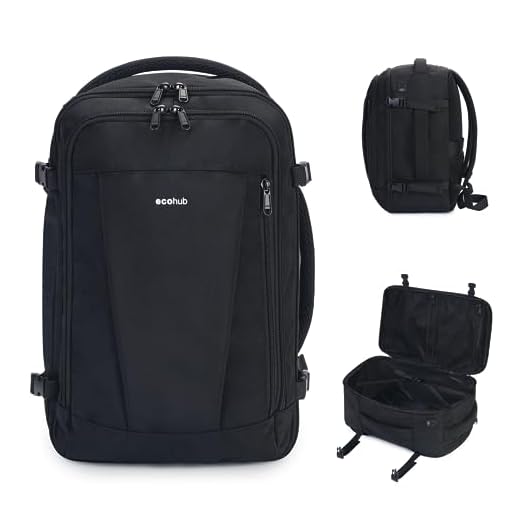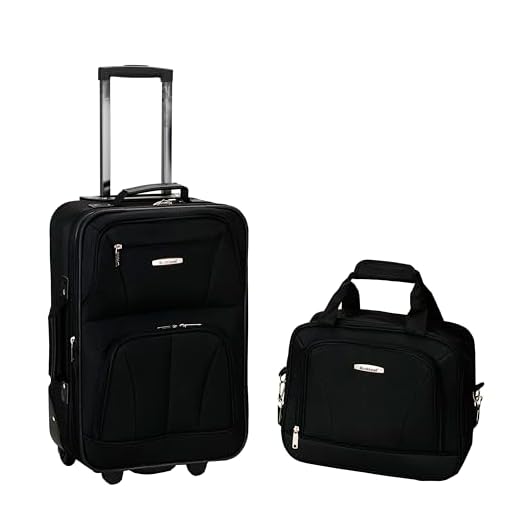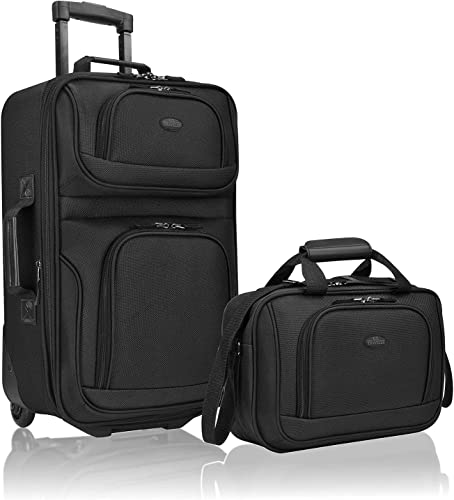






Consider purchasing additional allowances directly from your airline if you anticipate needing extra capacity. These surcharges vary significantly, typically ranging from $30 to $100 per item, depending on the airline, route, and season. Booking online or through the airline’s app often results in lower prices compared to paying at the airport.
Be aware of weight restrictions; exceeding the limit might incur charges of $50 to $200 or more as penalties. Most carriers allow a weight limit between 50 to 70 pounds. Packing light and using a digital scale prior to departure can save you from unexpected expenses.
Additionally, some airlines offer bundled options that can provide better value when traveling with multiple pieces. Investigate whether a travel pass or loyalty program membership might yield discounts on future trips. Thoroughly review your itinerary and anticipate needs before you travel to avoid any surprise costs.
Understanding Airline Baggage Fee Structures
Each airline has a unique framework for charging for checked items, including basic and additional charges. Familiarize yourself with these differences to avoid unexpected costs.
Budget carriers frequently impose lower initial ticket prices but compensate by levying substantial charges for oversized or extra pieces, sometimes exceeding $100 for a single item. Traditional airlines may offer more flexibility in allowances, yet still charge for additional items or overweight luggage.
Some carriers allow complimentary first pieces, while others classify specific items, such as sports equipment or musical instruments, under separate policies, leading to varied pricing. Verify each airline’s website for detailed guidelines regarding dimensions, weight limits, and associated costs.
Advance online payments for luggage often yield discounts compared to fees at the airport. Use mobile apps to streamline this process, allowing for easier management of your travel expenses.
Consider packages that include checked items as part of the fare. Loyalty programs may provide valuable perks, such as complimentary allowances for repeated travelers.
Before booking, utilize comparison tools to effectively assess different airlines, ensuring you comprehensively understand their pricing tactics for carrying personal belongings and any potential additional expenses that may arise.
Comparing Fees Across Different Airlines
Airlines vary significantly in their charges for additional items during travel. For passengers looking to manage expenses, it’s crucial to review specific airline policies. For instance, Southwest Airlines offers two checked bags for free, while budget carriers like Spirit and Frontier impose high costs for every piece of extra luggage, sometimes exceeding $70 each way. Delta, American, and United generally charge between $30 and $60 for the first two checked items. Additional items can escalate costs rapidly.
Special services such as oversized or overweight items can attract steep surcharges. For example, if an item exceeds standard dimensions, some airlines might charge up to $200. Additionally, international trips can involve different structures; certain carriers may include a personal item or a carry-on in the ticket price, while others do not.
Travelers should also consider alternative transportation that may offer better value. For instance, consider using public transport or ride-sharing apps for short distances rather than incurring fees for additional gear. Websites that provide side-by-side comparisons can help identify the most economical options for your specific route.
For a change of pace on your journey, consider visiting the best aquarium in new england to unwind and explore while being mindful of your travel costs.
Tips for Reducing Your Baggage Costs
Pack strategically by utilizing lightweight and compact items, which can help you stay within weight limits and avoid extra charges. Invest in versatile clothing that can serve multiple purposes to cut down on the number of garments needed.
Utilize Airline Policies
Familiarize yourself with the specific guidelines of your chosen carrier, as many offer exemptions for carry-ons or specific travel purposes. Frequent flyer programs may provide additional weight allowances or complimentary checked items. If you’re traveling with a child, consider seeking the best full featured umbrella stroller, often allowed without additional cost.
Leverage Extra Services
Consider alternating your travel dates to take advantage of promotional offers. Some airlines have seasonal deals or allow online check-in discounts. Avoid packing items that you can purchase at your destination, such as toiletries, to minimize the need for extra carry-ons.
For truckers, seeking the best luggage for truckers can aid in optimizing your cargo and reducing the number of bags you need to carry.
What to Do if You Cannot Afford Baggage Charges
Consider these strategies to manage travel costs effectively:
- Prioritize Essentials: Review items and eliminate non-essentials. Pack only what is necessary to minimize volume.
- Wear Bulkier Items: Donning heavy clothing or shoes can free up space in cases. Use jackets, boots, and thicker layers when traveling.
- Seek Alternative Transport: Some bus or train services may offer better pricing with inclusive item allowances. Research local transit options before flying.
- Use Online Services: Various platforms allow for shipping luggage ahead of time. Costs may be lower compared to airline charges.
- Explore Free Services: Certain airlines offer limited complimentary services for special circumstances. Check policies to see if qualifying events apply.
- Sign Up for Loyalty Programs: Frequent flyer benefits include waived or reduced charges. Enroll with airlines you use often to gain potential savings.
- Ask Family or Friends: Consider borrowing items like camping gear or sports equipment instead of purchasing or checking extra items.
By implementing these practical approaches, you can significantly decrease travel expenses associated with transporting belongings.






